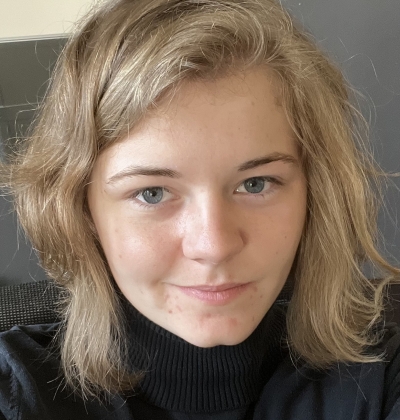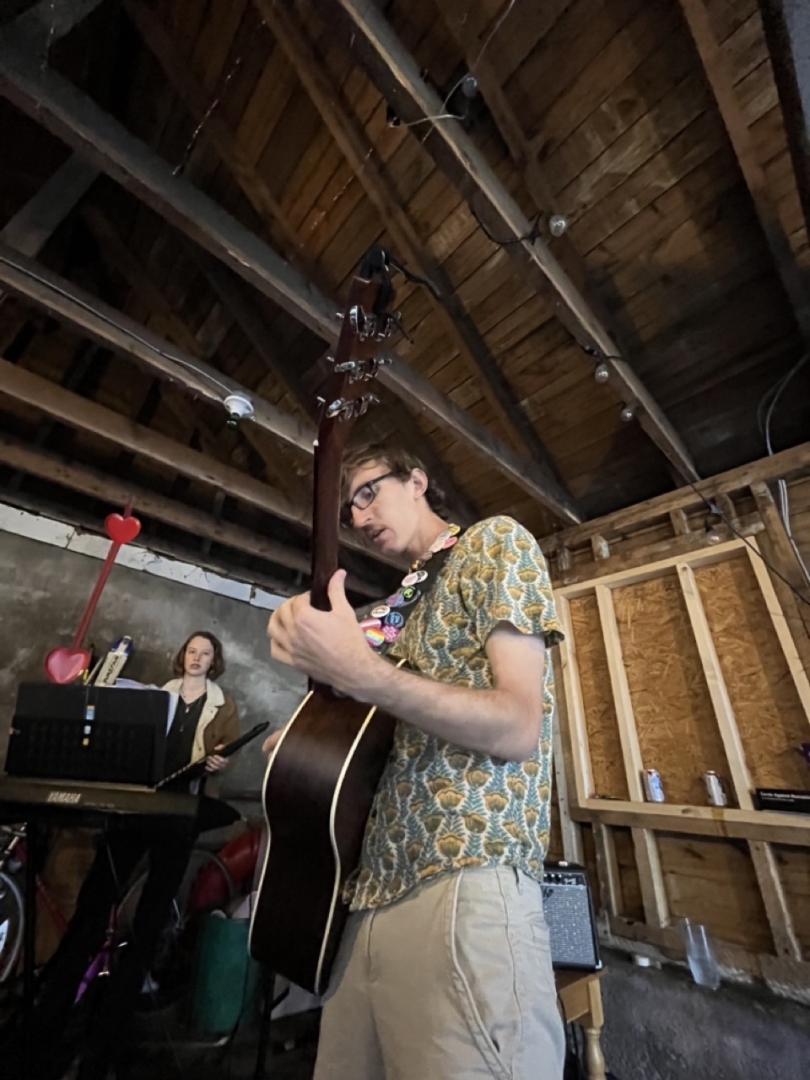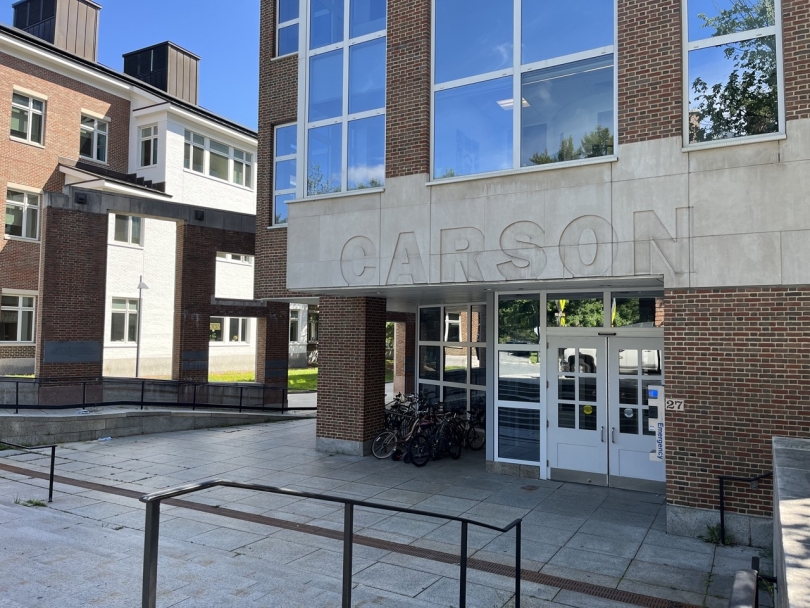
An Interview with a History Major
Spencer is my boyfriend and also one of the first close friends I made at Dartmouth—we met during our fall term of freshman year. I've already heard a lot about his work and learned some history along the way, but I wanted to give the blog readers a glimpse into the life of a history major at Dartmouth.

Q: Why did you decide to major in history?
A: When I came to Dartmouth, I knew I wanted to study the humanities—I thought about going into philosophy or English. I've loved history for a long time. It's been a strong passion of mine since I've been young, aside from a brief blip in middle school where I wanted to do physics. I didn't take a history class my first term here—I did take a linguistics class, and I've since decided to minor in linguistics. But I took my first history class in my freshman winter: European Intellectual History 400-1300. At that point I fell in love with medieval history, but I've covered a lot of other time periods and places. My other areas of interest are 17th century British history and historical radicalism.
Q: How has the department been? The professors?
A: The faculty are amazing. Special shout-outs to professors Carl Estabrook and Paul Musselwhite, as well as lecturer Darryl Barthé, but there are so many others. Professor Barthé is provocative but also highly egalitarian in his ethos. He treats you like somebody who, obviously, is here to learn but is also capable of intellectual rigor. He demands a lot of you but also sees you as a colleague. His philosophy is: "I'm not better than you, I just know more than you right now," which means he has a lot of respect for us.
I took a senior seminar with Professor Estabrook that was excellent. All the students were history majors, so we got to have nuanced conversations about historiography and interpretation, writing, bodies of evidence—it's not just "Do you know what happened?" We can get to a different level, beyond summary and explanation. History isn't just a series of names and dates. It's about forces, characters, movements.

Q: Do you have a favorite history class?
A: Professor Estabrook's seminar "Topics in British History: Early Modern England" was probably my favorite. There were 12 or 13 students in it. The unifying theme was our usage of a new method of historiography—cultural history. Social history and intellectual history are easier historical threads to understand. With intellectual history, you're following big thinkers and their writings, so there's a lot in the historical record. In social history, you're looking at people—census, record-keeping. Cultural history is the convergence of those two. You look at media production in the time period; for us this meant, print, sermons, theater, basically the ideas being spread into the general populace and how that populace then modified or rejected or accepted them.
That seminar was like a community of people who cared about scholarship. I researched and wrote about sermons—especially rhetoric and style employed in them—and their influence on military bodies, specifically the New Model Army. Individuals in the military don't often make it into the historical record, which is why it's an interesting area for me. We also talked about drinking culture and toasts, smuggling, church architecture, and so many other topics.
Q: Are you working on any research or projects?
A: I'm starting an honors thesis this fall, continuing some of my earlier work on sermons. I'm looking at sermons preached during the Irish plantation system, the Anglo-Dutch war, and the conquest of Jamaica. The British Navy was instrumental in passing these preaching methods along, and I want to find connections between all these different parts of the British Empire and the sermons being preached in those places.
I'm in the process of getting funding from Dartmouth to go to Oxford for this project—I'll be using the Bodleian Collection. A good many of the preachers I'm looking at were Oxford-educated, as it was a relatively Calvinist institution back in the day. These sermons aren't by big enough figures to be published online or in print, but they're relevant to my work, which is why I'm heading over there. Sermons from, for example, ship chaplains are often not online or published in books.
Q: What're you planning on doing after you leave Dartmouth?
A: I want to go into academia—I would love to both research and teach. I'd love to loop back around to medieval work at some point, but I'd really just like to engage people on these subjects and show them what good history classes can look like. History shouldn't be boring, it shouldn't be rote memorization. You need to remember things, but you should be so interested in the material that it comes naturally.
Q: Do you think Dartmouth is a good undergraduate institution for students interested in history?
A: Yes. Dartmouth offers a lot of accessible funding, and they have amazing history faculty willing to cover just about any topic. We also have a lot of overlap with other strong departments, which broadens our scope even further. The faculty publish interesting research. There's an undergraduate history journal where you can publish work, and there are also lots of chances to do research—the professors are always looking for research assistants. And for non-majors, there are interesting intro classes that aren't back-breaking in their difficulty. I've taken excellent history classes way outside of my usual areas of focus—for example, I took this great class called the History of Modern Japan.
Thanks, Spencer, for answering my questions!


















